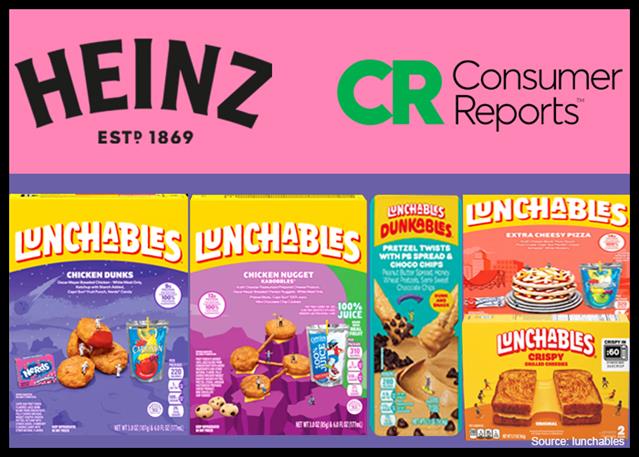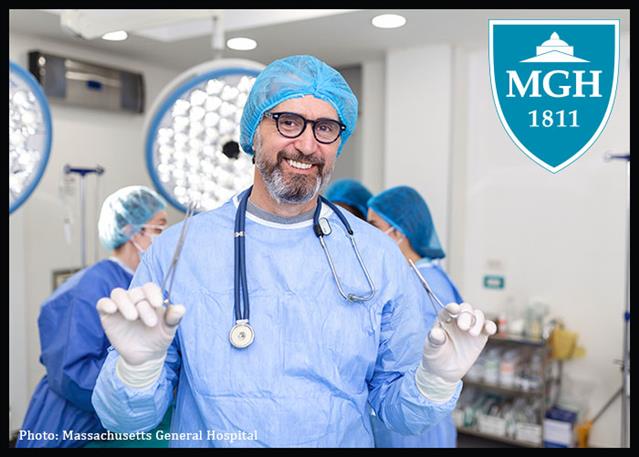
Packaged foods major Kraft Heinz Co.’s Lunchables lunch kits that are part of the school lunch program contain high level of lead and sodium, according to advocacy group Consumer Reports or CR. The consumer product watchdog has also launched an initiative to ask The U.S. Department of Agriculture or USDA to remove Lunchables from school lunch program.
As per a study report by CR, the lunch kits and some similar ones from Armour, Oscar Mayer, and others contained lead and other contaminants, and most were high in sodium.
As per the report, any of the kits it tested exceeded any legal or regulatory limit, but a good number of tested products would expose someone to 50 percent or more of California’s maximum allowable dose level for lead or cadmium.
According to Eric Boring, a CR chemist who led CR’s testing, these are relatively high dose of heavy metals, given the small serving sizes of the products, and that these meal kits definitely shouldn’t be considered a healthy school lunch.
Heinz’s Lunchables, introduced in the 1980s, are the colorful, prepackaged boxes of deli meat, cheese, and crackers, and are so popular as many parents find its easy to pack for school lunches. The lunch kits are also served in some school cafeterias.
CR said it tested Lunchables and similar lunch and snack kits from Armour LunchMakers, Target’s Good & Gather, Greenfield Natural Meat, and Oscar Mayer, looking for lead and other heavy metals, phthalates, chemicals used to make plastic more flexible and durable, as well as sodium, which can raise blood pressure.
In CR’s tests, experts found lead, cadmium, or both in all the kits. Even in small amounts, these heavy metals can cause developmental problems in children, as well as hypertension, kidney damage, and other health problems in adults.
The tests also found that some kits had potentially concerning heavy metal and phthalate levels, and were too high in sodium, especially for kids.
CR said it also detected at least one type of phthalate, known endocrine disruptors, compounds that may mimic or interfere with hormones in the body, in every kit it tested except Lunchables Extra Cheesy Pizza.
Amy Keating, a registered dietitian at Consumer Reports, said, “There’s a lot to be concerned about in these kits. They’re highly processed, and regularly eating processed meat, a main ingredient in many of these products, has been linked to increased risk of some cancers.”
CR, which sought responses from the tested product makers, said Kraft Heinz, the parent company for Lunchables, Oscar Mayer, and P3, stated that all its foods meet strict safety standards, and that lead and cadmium occur naturally in the environment and may be present in low levels in food products.
Kraft Heinz and Maple Leaf Foods further said they were working on ways to reduce sodium levels.
CR further said that the U.S. Dietary Guidelines for 2025 are currently under review and could include advice to avoid ultraprocessed foods. But federal guidelines don’t prohibit states or school districts from enacting stricter requirements, so they could act sooner.
According to the watchdog, schools would have the funding and facilities to serve freshly prepared whole foods, but right now, that’s often not feasible and would require a revamp of food system and funding for school lunch programs.
“Still, a few changes to the school lunch program could improve the nutritional value of foods served there,” it said.
For More Such Health News, visit rttnews.com
Copyright © 2024, RTTNews.com, Inc. All Rights Reserved.















